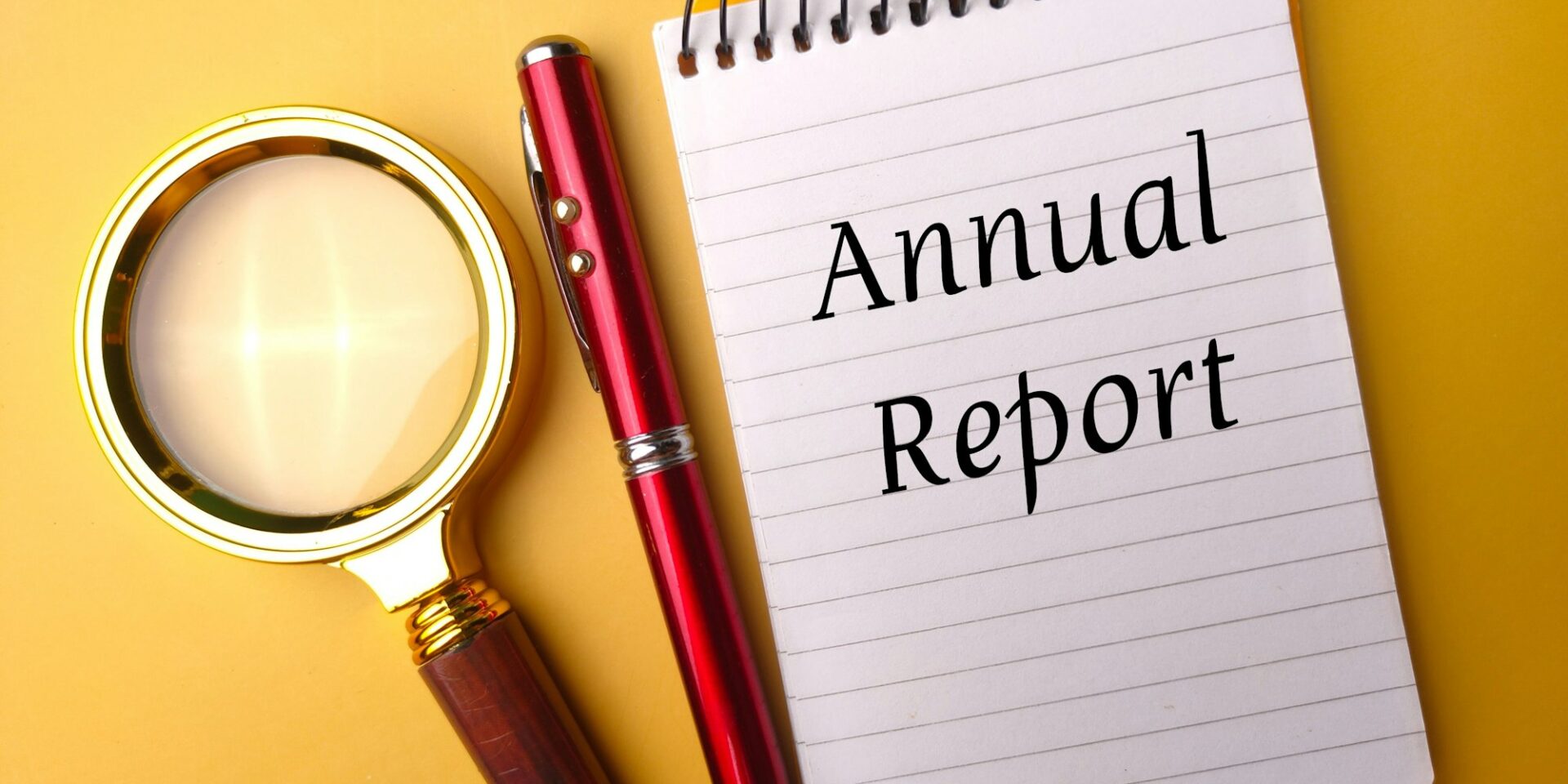Annual Report Analysis 2007-08: Central Water Commission
The Central Water Commission (CWC) has released its annual report for the fiscal year 2007-08, shedding light on key projects, budget allocations, and the overall performance in managing India’s water resources. This article delves into the highlights, data points, and critical analysis of the report to provide a comprehensive understanding of the CWC’s initiatives and outcomes.
Key Takeaways
Flood Management and Forecasting:
- The CWC issued 8,214 flood forecasts with an accuracy rate of 97.22%.
- Unprecedented flood situations were recorded at several stations, including the Ghaghra at Ayodhya (U.P.) and Jaldhaka at Mathabhanga (West Bengal).
Hydrological Observations and Telemetry Systems:
- Hydrological data was collected at 878 sites across India.
- Satellite-based telemetry systems were installed at 147 stations, enhancing real-time data collection and flood forecasting accuracy.
Irrigation and Water Resource Development:
- Significant irrigation potential was created, with substantial progress in major and medium irrigation projects.
- 37 projects, including major, medium, and flood control projects, were approved for investment clearance.
Highlighted Data
Water Resources:
- Average annual rainfall (2001-2005): 3,693.6 BCM
- Mean annual natural run-off: 1,869 BCM
- Utilizable surface water potential: 690 BCM
- Groundwater resources available for irrigation: 369.6 BCM
Hydropower:
- Ultimate potential: 148,701 MW
- Developed by March 31, 2008: 30,873 MW
Projects Implemented
Design and Consultancy:
- Detailed designs and drawings for 137 water resources development projects.
- Technical examination of 103 project DPRs (Detailed Project Reports).
River Management:
- Hydrological observations at 878 sites.
- Operation of 175 flood forecasting stations across nine major river basins.
- Installation of satellite-based telemetry systems at 147 stations.
Budget Allocation and Utilization
Plan Schemes:
- National Water Academy: Allocated ₹2.00 crore, utilized ₹1.71 crore.
- Hydrology Project (Phase II): Allocated ₹0.46 crore, utilized ₹0.29 crore.
- Development of Water Resources Information System: Allocated ₹22.32 crore, utilized ₹14.4 crore.
- Total allocation for various schemes: ₹84.52 crore, utilized ₹83.78 crore.
Non-Plan Budget:
- Major and Medium Irrigation: ₹84.52 crore allocated, ₹83.78 crore utilized.
- Flood Control and Drainage: ₹36.24 crore allocated, ₹38.76 crore utilized.
Pros and Cons of the Report
Pros:
- High Accuracy in Flood Forecasting: The 97.22% accuracy in flood forecasting is commendable, aiding in effective flood management and disaster preparedness.
- Significant Progress in Telemetry Systems: The installation of satellite-based telemetry systems at numerous stations enhances real-time data collection and accuracy in flood forecasting.
- Comprehensive Irrigation Development: The creation of irrigation potential through major and medium projects supports agricultural growth and water resource management.
Cons:
- Delays in Project Completion: Some projects experienced delays, affecting their timely implementation and the subsequent benefits.
- Underutilization of Allocated Budgets: In certain areas, the allocated budgets were not fully utilized, indicating potential inefficiencies or challenges in project execution.
Delayed Projects
- 126 ERM (Extension/Renovation/Modernization) projects taken up, but only 89 completed, leaving 37 projects spilling over into the next plan period.
- Similar delays were observed in major and medium irrigation projects.
I believe that while the Central Water Commission has made significant strides in managing India’s water resources, there is room for improvement in project execution and budget utilization. The delays in project completion highlight the need for better planning and resource management. It is imperative to address these challenges to fully harness the potential of India’s water resources and ensure sustainable development.
My Opinion: Let’s push for greater efficiency and accountability in water resource management. By leveraging technology and improving project oversight, we can mitigate delays and optimize budget utilization. Together, we can ensure that every drop counts towards a prosperous and sustainable future for India.


